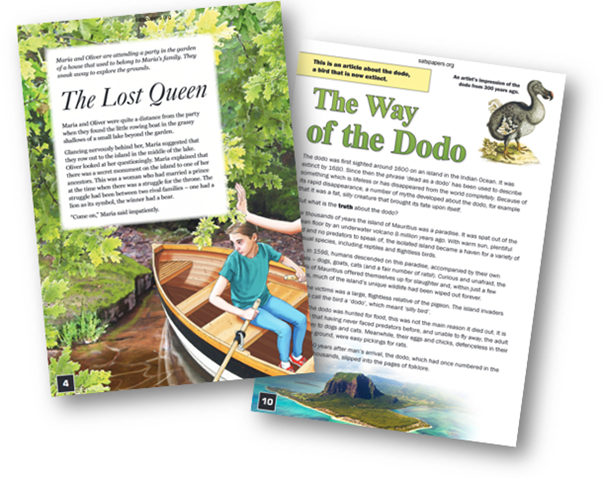Reading is built on knowledge. But it’s a bit more complicated than that.

This post was co-written with Barbara Bleiman (@BarbaraBleiman), and is also published on the English and Media Centre blog.
In 2016, the passages on the new-look Key Stage 2 ‘Reading’ test caused some controversy, seen by many as being too demanding for too many pupils. They have since been used widely to illustrate the argument for a ‘knowledge-rich’ curriculum in primary schools, and – perhaps more significantly and concerningly – as a rationale for teaching factual knowledge (sometimes called cultural literacy) as a major plank in the teaching of reading.
Continue reading “Lost queens and dodos: some reflections on knowledge, comprehension and how we teach reading”
